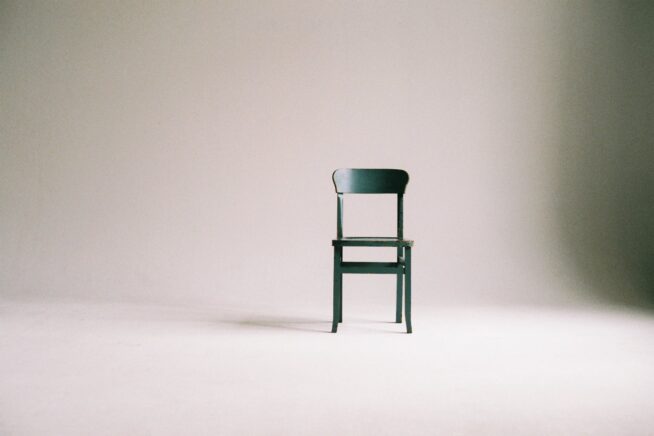I was going to get fired.
I’d get to the office late, close my office door, and then try and write fiction all day.
Then at 4:45, before it got dark, I’d sneak out, walk to the highway and hitchhike home. Hitchhiking helped me overcome chronic shyness.
I’d look forward all day to it: who would I meet, where would they take me. Would I end up falling in love with them.
I hated my job. None of the people there liked me, for good reason. I didn’t have any respect for what they did for their lives.
I had to write the manual for some chip. I can’t remember anything about it. It was “some chip.” I was employee #10. Maybe earlier. I forget.
The company went public and sold for billions. I would have made money. A friend later asked if I regretted leaving. I said, “no.”
I regretted this:
One time a girl stopped her car for me on the highway.
She said, “Are you going to kill me?” And I said “No.” So I got in her car. A few days later I called her for a date.
Then the next day I called her. No pickup. I called her again. No pickup. I called again. Maybe 20 times. In the morning I called and she picked up. “Were you calling all night?”
She never would see me again. I regret that.
Rule #1: Don’t call more than once.
Rule #1a: Don’t want something so badly it makes you unhappy mid-want.
Rule #1b: Don’t want something when you still have no idea what it is you want.
Rule #1c: Don’t fall for someone when you have only met them twice and one of those times was when she picked up a random stranger on a highway.
I suppose you can learn from anything. If you put your heart into it.
My boss at the time said, “Don’t you take any pride in your work?” And he threw the paper at me.
“I thought you said you could write!” he said.
But I just couldn’t put my heart into those instruction manuals.
“I’m sorry,” I said.
I went out that day a little earlier. At 4:30. It took me only a minute to get a ride.
And I ended up somewhere I had never been before that night.
I love to look at a Shaker chair.
Shakers are a religious group mostly from the 1800s. Their chairs and furniture were so simple and beautifully designed they ended up more in museums than with people sitting on them.
I’ve lived in maybe 100 different apartments in the past two years.
I’ve stayed in 10,000 square foot houses to 300 square foot studios. I’ve been exposed to every kind of interior decoration and furniture design.
Most of it designed to impress rather than use. Designed to say something about the owner (“I’m special!”) than say something to the user (“I care about you”).
Don’t you take any pride in your work?
Here’s a Shaker quote. William Morris said, “Have nothing in your house that you do not know to be useful or beautiful.”
I love that quote. He could be talking about a chair or a spouse. A book you write, or a favor you do for a friend.
To me, it feels like he is talking about thoughts in my head. Is a thought useful or beautiful.
Else, get rid of it.
Alan Moore says, “The most appealing thing about Shaker design was its optimism.”
Irrational optimism has cost me all of my money many times over. Rational optimism has made me all of my money many times over.
Pessimism in the past once got me addicted to anti-anxiety drugs, like 61,000 other people in America.
“Work on everything as if you had a thousand years to live and as if you are going to die tomorrow.”
That’s another Shaker quote. I like it. I hate, “live today as if you will die tomorrow.” I’m not dying tomorrow.
I’ve lived 18,000 days give or take. So odds are I’ll live one more. Or 18,000 more.
But to put optimism, functionality, grace, kindness, health, into what I do today, is what I try to do. I want to be good at it.
I say to her: I want to be good at you.
Sometimes I’m always in a hurry. Hurry to get rich. Hurry to meet the perfect person. Hurry to write a novel. To build a business. To get X. To achieve Y.
Is a thought useful or beautiful?
That’s real minimalism.
To my boss from so many years ago, “Yes, I take pride in my work. Thanks for firing me. I’m sorry I wrecked your car.”
James Altucher is the author of the bestselling book Choose Yourself, editor at The Altucher Report and host of the popular podcast, The James Altucher Show, which takes you beyond business and entrepreneurship by exploring what it means to be human and achieve well-being in a world that is increasingly complicated. Follow him on Facebook and Twitter.
Image courtesy of Paula Schmidt.












